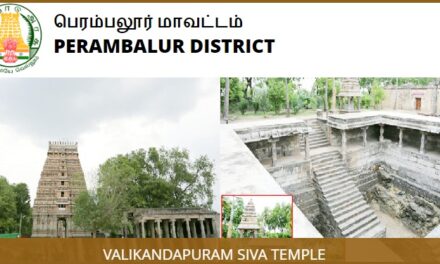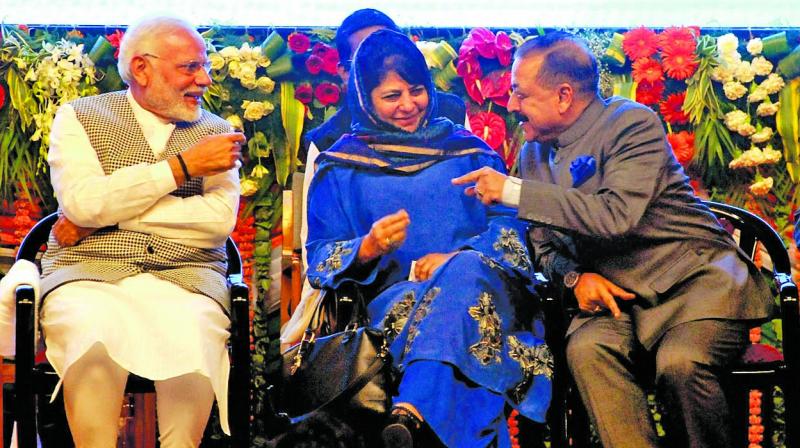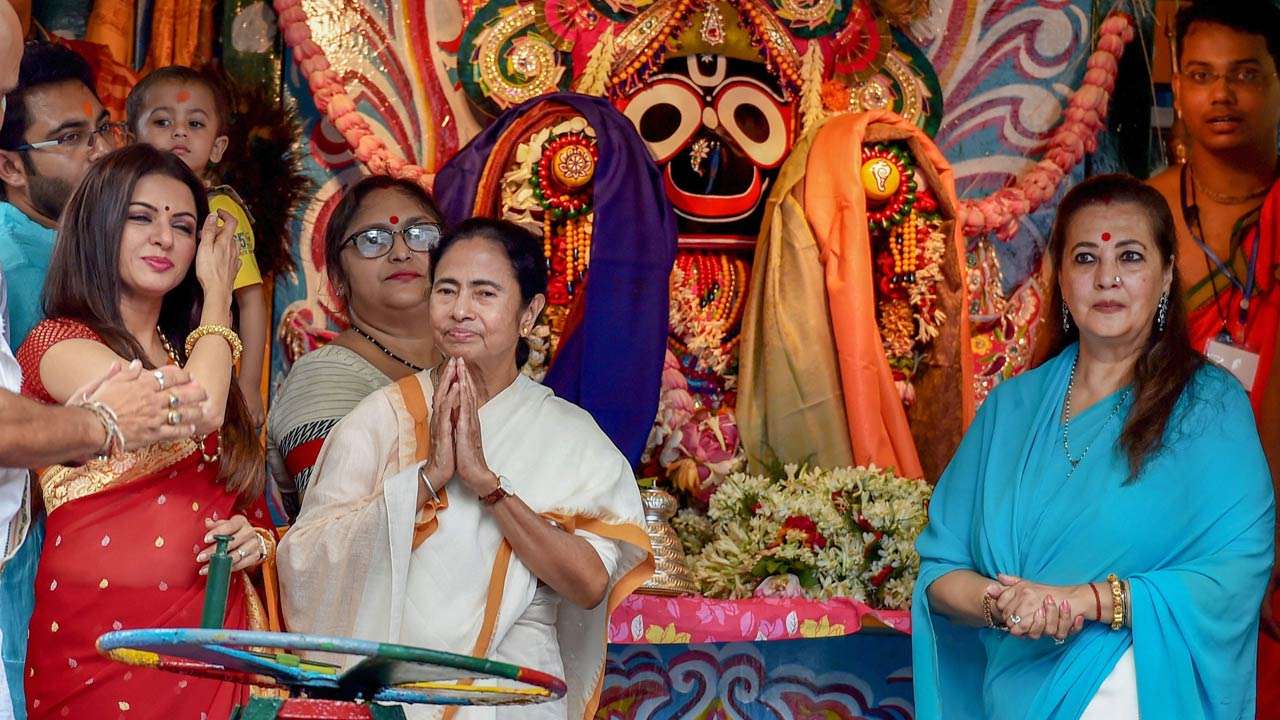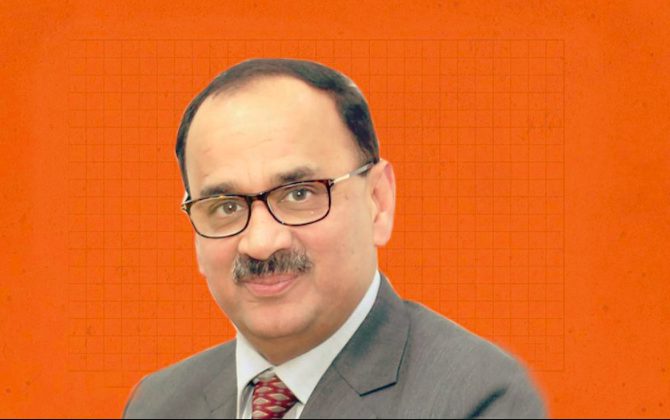The Supreme Court on Friday cleared the decks for postgraduate medical counselling and admissions, including the Other Backward Classes (OBC) and economically weaker sections for upper castes (EWS) reservations for the current academic year, 2021-22.
A bench headed by Justice D.Y. Chandrachud and A.S. Bopanna upheld the constitutional validity of 27 per cent reservation for OBC and 10 per cent EWS for the NEET-UG and NEET-PG.
However, the top court added that it would decide on the rationale of criteria of Rs 8 lakh income for EWS category in March this year.
On Thursday, after conducting a day-long hearing on petitions challenging the validity of EWS quota in postgraduate medical admissions and the Centre’s argument favouring the quota, the court said there is a situation, where in national interest, the counselling has to begin, which was also a key demand of protesting resident doctors.
A bench comprising Justices D.Y. Chandrachud and A.S. Bopanna said: “We are in a situation, where in the national interest the counselling has to begin.”
Solicitor General Tushar Mehta, representing the Centre, argued that all candidates eligible for the EWS quota, as per existing criteria, have got their certificates for registration and added that seats in all the government colleges have been increased to accommodate the EWS quota.
“So, this will not harm the chances of general category students…”, he added.
Mehta also clarified that super-speciality courses have no reservation and none of the judgments remotely suggests that there cannot be reservation in PG courses.
On the aspect of the EWS quota, he said there was a study, application of mind, and wide consultation when the government decided to fix the Rs 8 lakh income limit.
The Centre has accepted the report of a three-member panel constituted to revisit the EWS criteria. The panel, in its report, said:
“Firstly, the EWS’s criteria relates to the financial year prior to the year of application whereas the income criterion for the creamy layer in OBC category is applicable to gross annual income for three consecutive years.”
The panel added: “Secondly, in case of deciding the OBC creamy layer, income from salaries, agriculture, and traditional artisanal professions are excluded from the consideration whereas the Rs 8 lakh criteria for EWS includes that from all sources, including farming. So, despite being the same cut-off number, their composition is different and hence, the two cannot be equated.”
After hearing the parties in the matter, the top court reserved its judgment on the petitions challenging the 27 per cent reservation for Other Backward Classes (OBC) and 10 per cent reservation for EWS in all-India quota seats for postgraduate medical courses.
As many as 15 per cent seats in MBBS and 50 per cent seats in MS and MD courses are filled through all-India Quota from the candidates selected through the NEET.
Reacting to this Tamilnadu CM Stalin has said “This is a very important victory for the DMK, wedded to social justice and for the Tamil Nadu people. This is a key milestone in the history of social justice,” in a statement.
Considering the welfare of people belonging to the backward classes across the nation, the DMK impleaded in the matter in Supreme Court and argued and won, Stalin said and expressed joy over his party’s initiatives in this respect.
The party fought and won legal battles in the Madras High Court and the Supreme Court as well, he said.
The contributions of both Tamil Nadu, a pioneering state committed to social justice and that of the DMK would find a place in history for sure, the Dravidian party chief said.
Through legal initiatives, the DMK would also emerge victorious in its fight against the 10 per cent quota for Economically Weaker Sections. The EWS quota is against the Constitution, he said. “Social justice is a long journey. A continuous run.”









